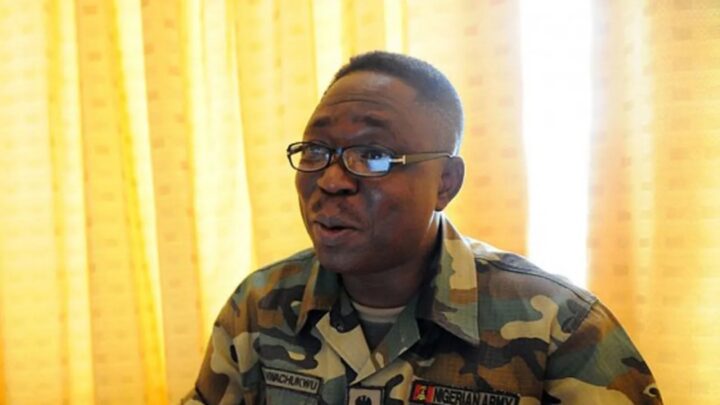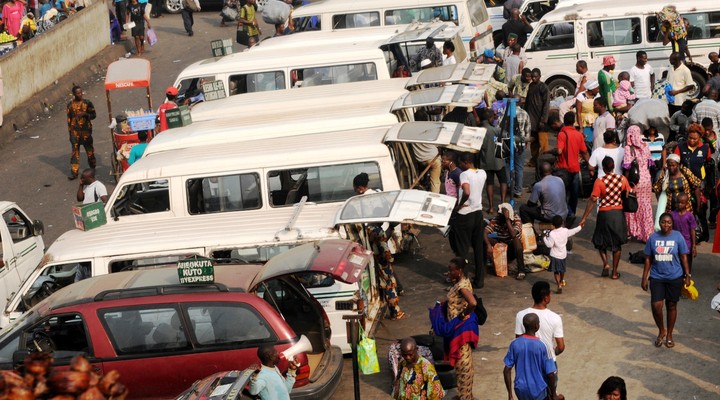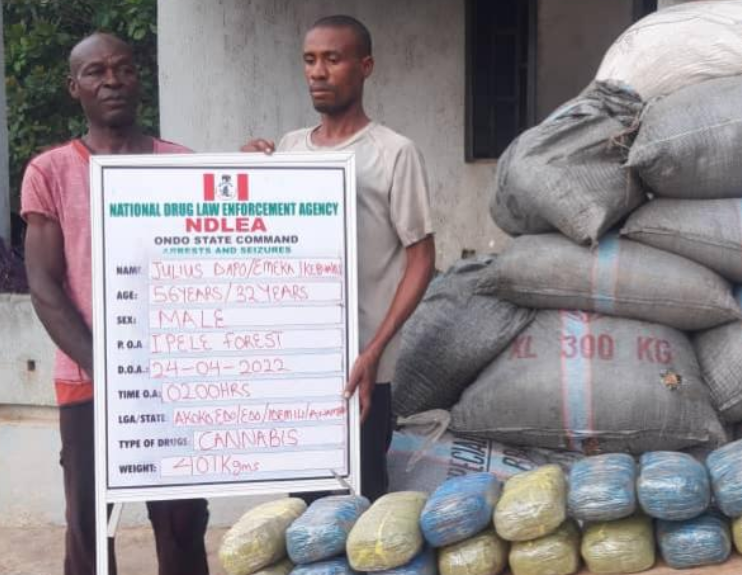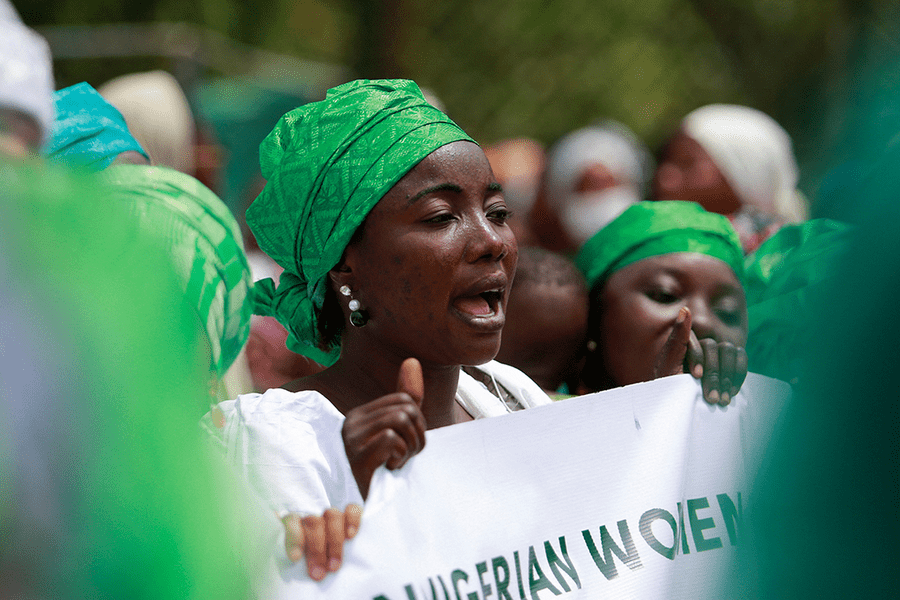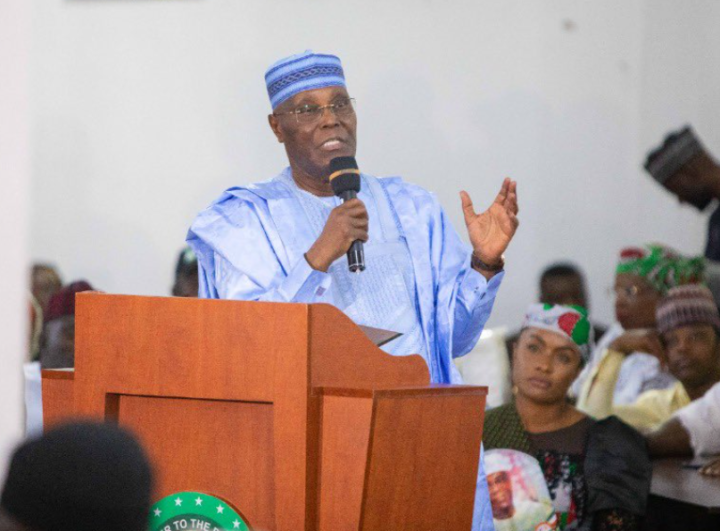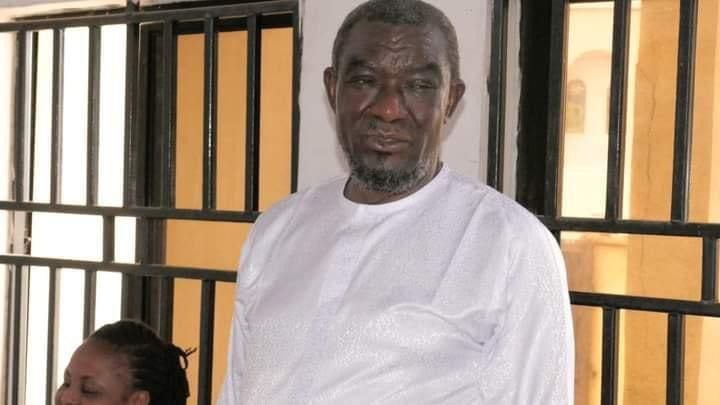The Nigerian Army says members of the proscribed Indigenous People of Biafra (IPOB) are using pictures of fake soldiers arrested by troops recently to malign the institution.
Onyema Nwachukwu, director, army public relations, said this in a statement on Sunday in Abuja.
Nwachukwu said that one Solomon Okafor of Radio Biafra London had been peddling malicious disinformation and falsehood on social media, alleging complicity by troops in a fictitious case of the kidnapping of a family of 10 in Kaduna state.
He said Okafor also alleged that about 87 per cent of Nigerian soldiers were kidnappers and bandits.
Advertisement
Nwachukwu said the said report was a creation of IPOB/ESN social media foot soldiers with the intent to malign the Nigerian army.
He said the picture being circulated on social media was a picture of fake soldiers (impostors) arrested recently in the Lagos-Ondo states axis by troops of Operation Checkmate under 81 Division.
According to him, the operation was widely publicised in both the new and traditional media before handing over the suspects to the Nigeria Police.
Advertisement
“It is also crucial to emphasise that following troops’ successful exploits in unravelling and unmasking IPOB elements who have been masquerading as unknown gunmen and wreaking carnage against Ndigbo in South-East Nigeria, IPOB/ ESN have severally attempted to use doctored graphic images, video footages and spurious narratives in online and social media campaigns to disparage the Nigerian army and bring her to disrepute,” he said.
“The author and his sponsors should note that no matter the campaign of calumny by IPOB and other fifth columnists, the Nigerian army will be undeterred and remains a cherished national institution that will continue to execute its constitutional mandate of defending the sovereignty and territorial integrity of Nigeria, toward building a united nation.
“Members of the public are therefore urged to disregard this mindless and irresponsible propaganda clearly emanating from IPOB, aimed at promoting insecurity in the country.”
Advertisement
Add a comment
